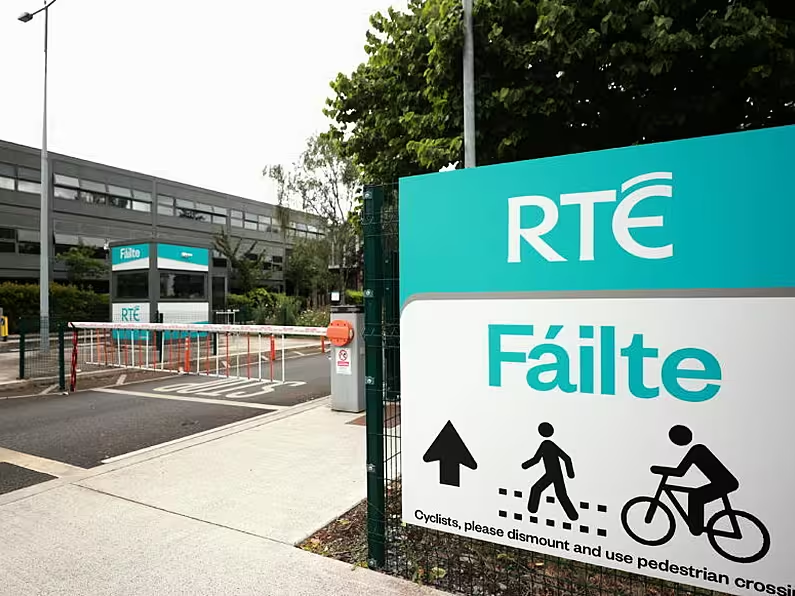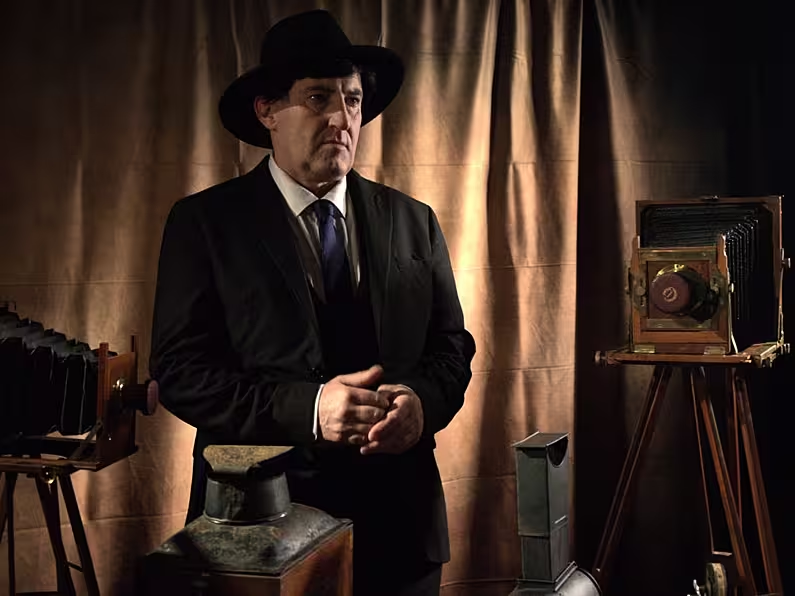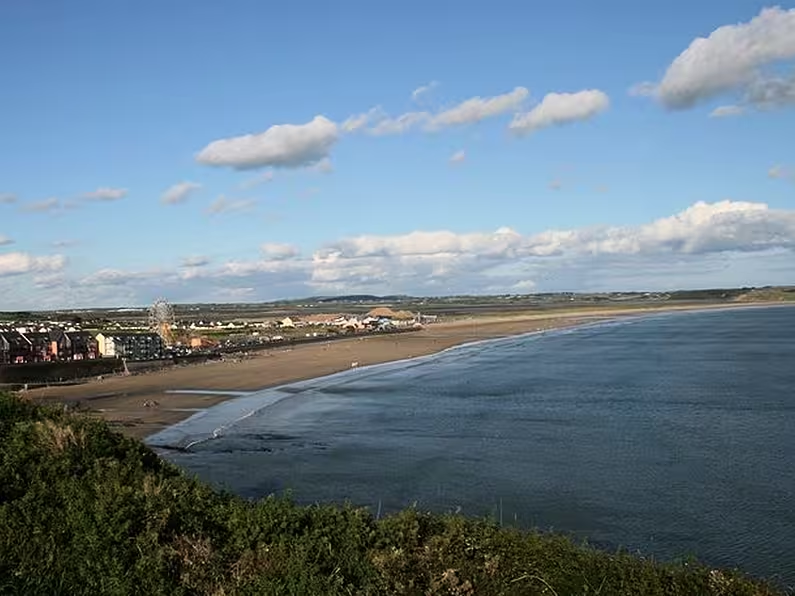Vivienne Clarke
The core of the problem with RTÉ lies outside the station, union spokesperson Emma O’Kelly has said.
Her comments come ahead of the publication of the organisation's new strategic vision later on Tuesday, which includes a plan to reduce the workforce at the national broadcaster by up to 400 by 2028.
Details of the plan were leaked on Monday before they could be revealed to staff at a meeting.
The Government was doing RTÉ and its staff a disservice by staying silent on the subject, Ms O'Kelly told RTÉ radio’s Today with Claire Byrne.
Although she had not yet seen the full proposals, from what had been reported the picture was bleak, she said.
"A smaller RTÉ, more privatisation, pushing some sections into the private sector.
“Things that are currently done in-house by people who have decent jobs because we fought for them to be decent jobs, who get maternity leave, who get holiday pay, who can get mortgage approval.
"The talk is of increasing the numbers of programmes being made outside RTÉ. Now, I'm not sure if it's to be 50 percent or by 50 percent.
"We need clarification on that. But this is exactly as I expected - slash jobs in order to farm them out to the private sector and public money to sustain a gig economy where, as I say, people would be working from gig to gig with no security and none of those rights and entitlements.”
Ms O’Kelly said she wanted to hear from politicians, and she wanted to hear from the public. What kind of RTÉ did they want? What kind of arts and culture coverage? What about the Irish language?
The Government had “disgracefully” remained completely silent on the issue of the future funding model for RTÉ.
“So the core of this problem goes outside RTÉ, and it needs to be discussed outside RTÉ by the Government. We need to hear from them. We need to hear their vision and also by the public. I want to hear what the public has to say.”
Strategic vision
Earlier, the group secretary for the RTÉ trade union group expressed disappointment at the way in which staff found out details of the director general’s plans for the future of RTÉ.
Cearbhall Ó Siocháin said it was “very disappointing” to find out about RTÉ's reform plans through leaks to the media.
“It comes as another gut punch to an already winded staff. Physically, it’s sickening to read about it in the media before you're told by your own employer.
“We haven't seen the plan and we're waiting to hear a lot more than what was leaked yesterday,” he told RTÉ’s Morning Ireland.
The unions will have a meeting with Mr Bakhurst on Tuesday at which they hope to see the full document, which was the first step and would require full discussion with staff, said Mr Ó Siocháin.
According to reports, the proposal includes plans for 400 redundancies, or about 20 per cent of the workforce, which was “a tall order”, he said.
“You're talking 100 jobs a year on average over the course of this plan.
“We have already experienced a certain level of staff shortages. RTÉ is already stretched in many areas. Reorganisation and redundancies will impact on those who remain carrying an extra burden, filling in the gaps, plugging the holes.”
Mr Ó Siocháin said he did not think that privatising up to 50 percent of output would be a good thing for a public broadcaster. “That has implications for our colleagues throughout the organisation as well.
“Our staff are picking up the tab for poor governance and bad management by those who walked away on big money.”
Mr Ó Siocháin said the Government had a role to play in funding public broadcasting, and it was not acceptable for staff to be expected to “pick up the tab”.
Reform was not necessarily a bad thing, but it needed to be fair, he said.
Long-term solutions
Meanwhile, the head of the National Union of Journalists (NUJ) in Ireland, Seamus Dooley, called on RTÉ management to provide assurances that the long-term interests of the station are at the heart of the solutions being proposed.
“What we now want is to concentrate on the issue at hand, which is the redundancies. We're used to this kind of what I would call messing around. But this is important. This is the future of public service broadcasting in Ireland we're talking about,” Mr Dooley told RTÉ radio’s Morning Ireland.
“What we want to hear today is a sustainable plan for the future. I do not believe that 400 redundancies is the answer to all of these problems. The reality is that the crisis in our industry has been caused initially by the shattering of trust because of revelations of corporate governance failure.
“But there is also a political failure to address the issue of funding. And the director general’s plans are entirely dependent on political courage in relation to the funding of public service broadcasting. So what we would worry about is that there will be a series of principles announced, but want detail. We want an absolute assurance that the long term interests of RTÉ, the long-term interest of public service broadcasting, is at the heart of any proposal rather than some short-term plan to keep politicians on board.”












